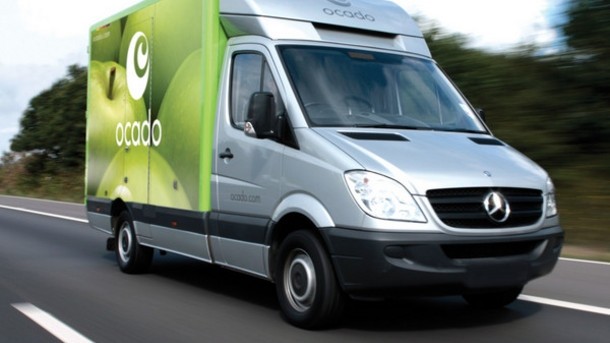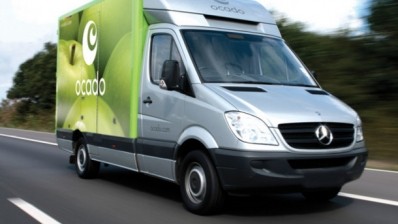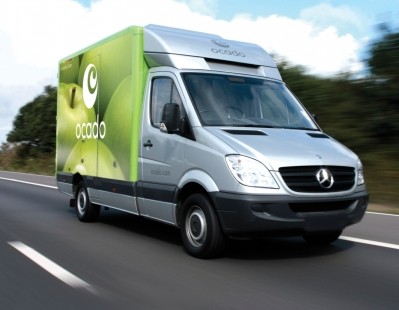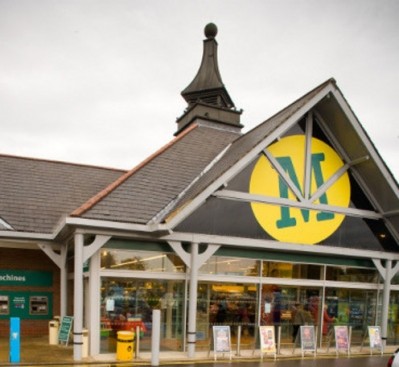Ocado’s ‘profitability problem' remains: city analyst

Reports that the business is close to announcing a deal with a major international retailer to facilitate its global expansion plans resurfaced in the British press last weekend, ahead of half-year results to posted tomorrow June 30.
International deals with French supermarket chain Carrefour and the US giant Safeway have been suggested in the past.
International deal
Speculation about an international deal was fuelled earlier this year when Ocado revealed it had developed a platform to enable it to sell its technology to retailers outside the UK.
But Shore Capital warned the business still faced a key profitability problem despite talk of a potentially lucrative international deal. “The fundamental problem remains; Ocado does make much money,” said Shore Capital analysts Clive Black and Darren Shirley.
“Our problem with the Ocado investment case persists; one of valuation … for a business that does not deliver at the trading level when measured in terms of EBIT [earnings before interest and tax or operating profit] nor further down the P&L [profit and loss account] through PBT [profits before tax] and EPS [earnings per share].”
‘Will go its own way sooner’
Ocado remained heavily dependent on its deal with Waitrose, through the John Lewis Partnership, which “will go its own way sooner rather than later”, said the analysts.
Similarly its tie up with Morrisons may have a short shelf-life, since the deal was agreed with both a former ceo and chairman.
While Ocado enjoyed a high profile, “frankly is small fry in the £150bn+ British grocery market”, said Black and Shirley.
That also applied to Ocado’s presence in online sales, where Tesco retained the lion’s share of the market, accounting for just under 50%.
“Ocado's central problem in our opinion is that it cannot turn it's activity into meaningful trading profits. Perhaps it’s time for the take-over prayer mat to re-emerge?”
Shore Capital retained its ‘sell’ advice’ on Ocado’s stock.
The business reported its first pre-tax profit only in February this year, following its lucrative deal with Morrisons. At the time Shore Capital concluded: “Yes, following a decade and a half of trying, Ocado has worked out how to deliver baked beans, ice cream, Jaffa cakes and chipotle chillies without booking a bottom line loss.”
Ocado chose not to comment on suggestions of international partnership.
Ocado's profitability challenge
“If Ocado's claims with respect to matching Tesco pricing are to be real, then gross margin investment is likely to be the order of the day, with the market leader investing in everyday proprietary brand prices in H1 [first half] calendar 2015. Such price investment is likely to have cost the online specialist considerably, so making it challenging for margins to grow in line with sales in H1.”
Shore Capital
















